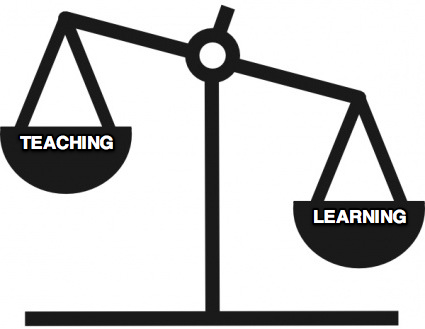Teacher Stories
Submitted by Teacher Man on October 20, 2011
 During my first year of teaching, a coworker did an incredibly kind and helpful thing for me. I was gathering myself at the end of very long day when this individual walked into my classroom and handed me a post-it note. It read, “On 10/12/2008 Sharae said ‘Mr. A. You are my favorite teacher”.
During my first year of teaching, a coworker did an incredibly kind and helpful thing for me. I was gathering myself at the end of very long day when this individual walked into my classroom and handed me a post-it note. It read, “On 10/12/2008 Sharae said ‘Mr. A. You are my favorite teacher”.
My colleague told me to stick this message to the bottom of my desk drawer and after (or during) tough days, sneak a quick peak at it whenever I needed to create some positive thoughts and feelings for myself. That note stayed in my desk drawer for the rest of that school year. I looked at it countless times since then as it helped me to get through some difficult times.
On the eve of this year’s initial Academic Division’s school walkthrough I found myself in need of some positive energy. It has been almost 4 years to the day since I received that post-it note. So I went back to it at the bottom of a very familiar desk drawer in order to find the energy I needed. Read the rest of this entry »
 In recent weeks, I have added a new post category to
In recent weeks, I have added a new post category to  There is so much about teaching that is intellectually challenging and emotionally taxing, but I found myself experiencing the deepest kind of pain I’d ever known just a few days before school was to start. We had lost two students whose lives, according to news sources, were ended by their own mother.
There is so much about teaching that is intellectually challenging and emotionally taxing, but I found myself experiencing the deepest kind of pain I’d ever known just a few days before school was to start. We had lost two students whose lives, according to news sources, were ended by their own mother.


 In late March of this year, a
In late March of this year, a